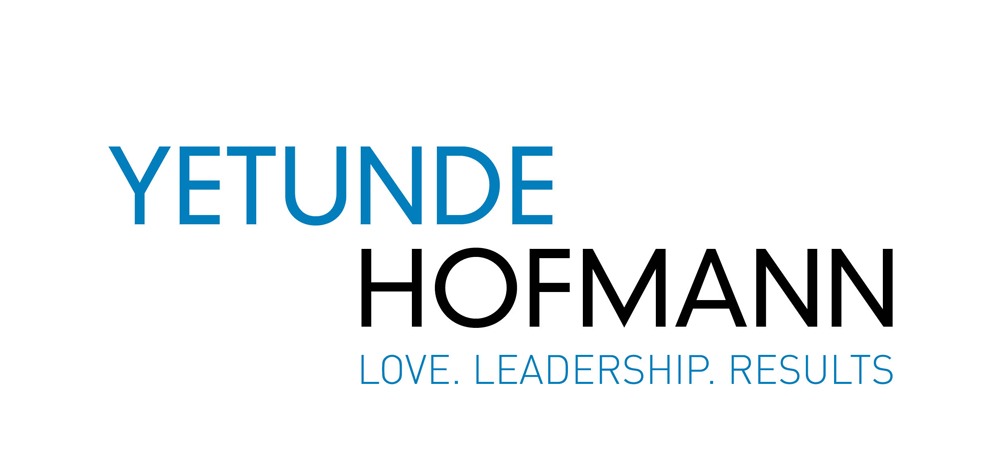Are you a fool?
/Once upon a time, I observed a leadership team meeting in which the team leader enthusiastic about the change plans that would generate significant bottom line growth in his market shared his recommended and immensely ambitious timing in which the change and the glorious results would be achieved. These were timings and targets that his team could not challenge as he had already made promises to the Board and CEO on their behalf. He had of course also stated confidently to the CEO and the Board that these changes will of course be made without any other balls being dropped – sales must continue to grow and market share well defended.
Not one of his team had been consulted. No consequences thoroughly considered. The debate was tense. The atmosphere could be cut through with a thin sliver of glass. After a lot of hard work, the team set about working out the plan that would deliver the results promised. The finance director remained silent with a furrowed brow and worried look. In the break, as the team leader stepped out to take a call from the CEO who of course in his eyes must never be kept waiting, the finance director turned round to the team and said “if we do this, then pigs will fly”. The boss returns into the room after his call, looks at the team and asks ‘ what’s going on?” the team look at the FD expecting his wise response. Instead, he looks around the room, and replies meekly: “nothing just examining some contingencies”
I remember another experience that a friend of mine told me. There was a time some years ago where with the support of his boss, he was going to put a huge piece of work out to tender with a variety of suppliers. In the numerous meetings with his boss, they had agreed that in order to get it past the board a number of promises had to be made with regards to what was in and out of scope. Having agreed what these were with his boss, he confidently briefed his team who then set about engaging the relevant suppliers and writing the proposal to be shared with the Board for their endorsement.
Just before the Board meeting in which he would present the proposal he had a rehearsal meeting with his boss who of course in his own conversations with the CEO had learned that some of the topics he had confirmed were in scope were in fact actually out of scope and had not told my friend. As my friend’s team confidently presented the proposal to his boss, the boss stopped the meeting abruptly, expressed disappointment in what was being shared and proceeded to deny brazen faced that he had agreed what they had considered to be in scope. He would now because of their mistakes, have to and in embarrassment, request a postponement of the presentation of their proposal to the Board.
In that moment and as the blood drained from my friend’s face, he weighed up whether to call his boss a liar in front of his team or to remain quiet and apologise to his team following the meeting. He decided on the latter. His reason, he said, was that he did not want to have an unpleasant argument in front of the whole team, which in the absence of hard evidence was never to be won.
As I was about to challenge him on his chosen stance, I wondered in truth, how many times I may have been in similar situations either at work or at home with friends and family and instead of speaking up have chosen to be silent. The phrase “those in glass houses shouldn’t throw stones” came to mind.
I wondered too, how many more of my friends and connections would have their own versions of the above. What would it take to be the fool – like Shakespeare’s fool – and speak the truth or speak up for what is right or what we believe? What can be so much at stake that the option to remain silent is the path of least resistance?
Speaking up can be a lonely place – a place sometimes reserved for the most unpopular of people; A place where the excluded make their home.
But a truth can be this. When in business or indeed in life, the status quo or the place of safe is constantly being sought, there is a possibility that we may lose the opportunity for those whom we care about and value to perform at their very best. We can erase their opportunity to operate at a level and in a way that enables all of who they are to emerge. This is because every action has a consequence. Therefore the impact of these actions - not speaking up - although not immediately experienced, will one day surface.
This impact of not speaking up, saying nothing in fear of rocking the boat, and confining the Fool to the pages of theatre and fantasy is one that can eventually show up in the invisible waste of resources and the erosion of financial gain. It can show up too in the gradual mental and emotional decline of our people over time. And if we really think about it, it can show up for us as individuals in the increasingly quieter and ultimate loss of our voice or even, maybe our identity.


